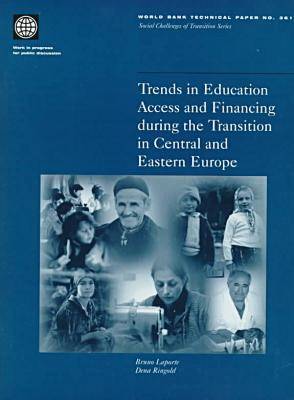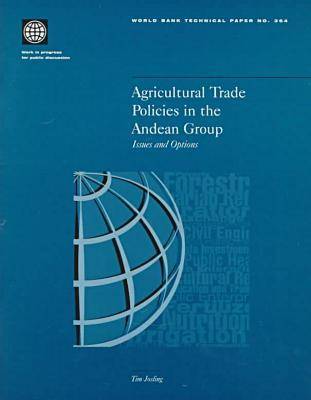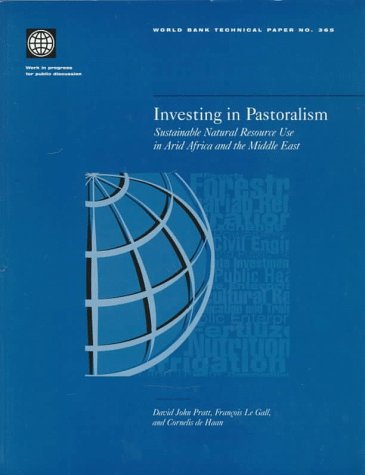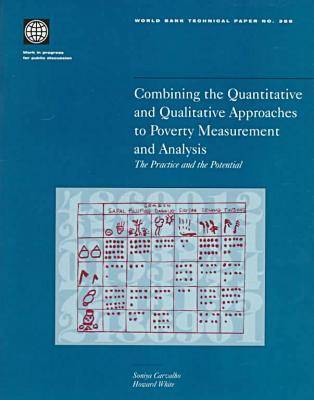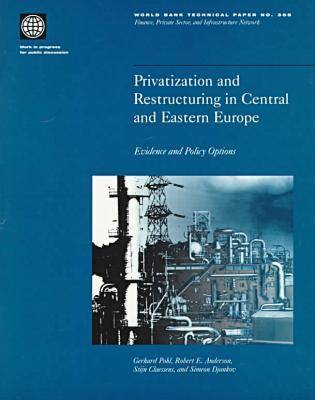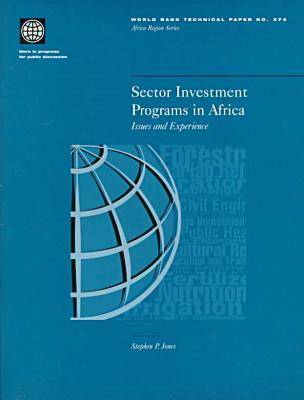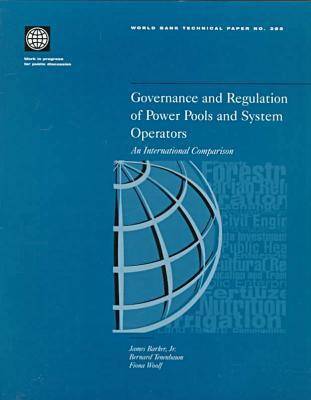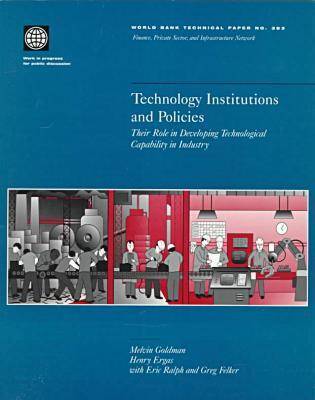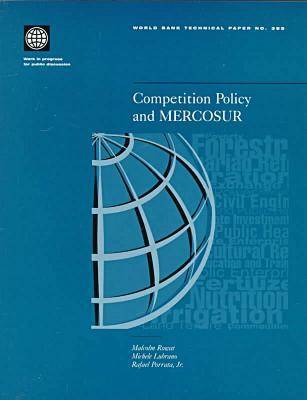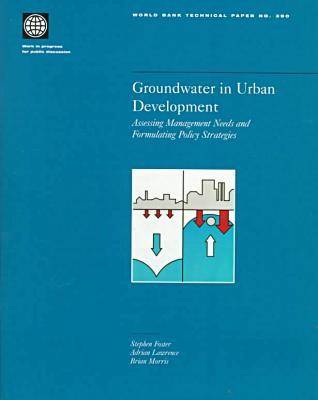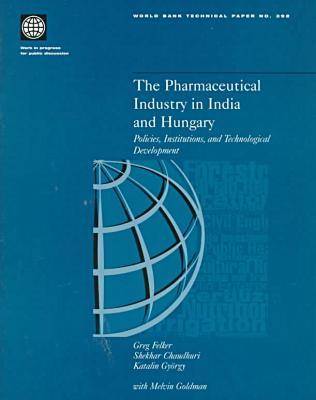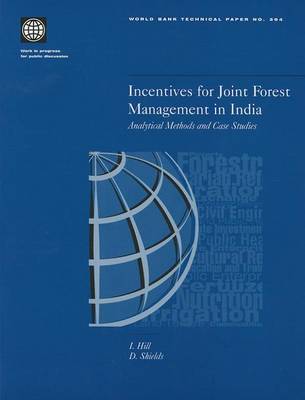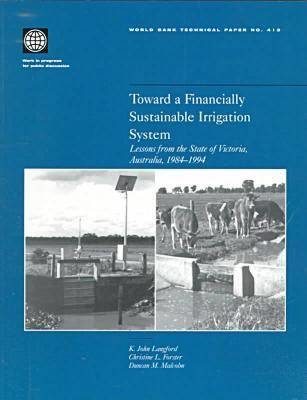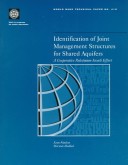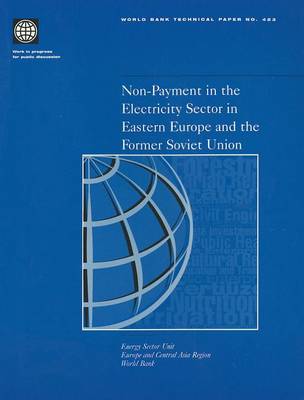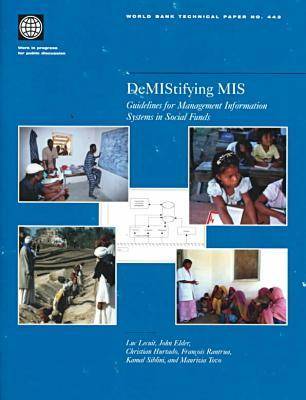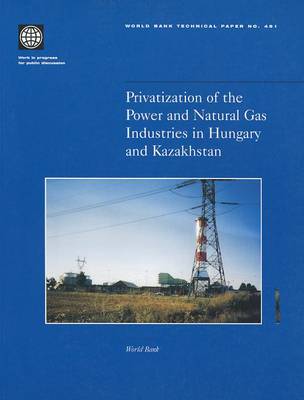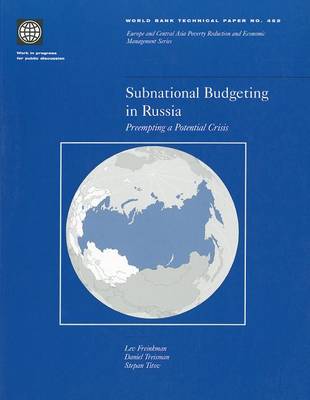World Bank Technical Paper
25 primary works • 59 total works
Book 361
Trends in Education Access and Financing During the Transition in Central and Eastern Europe
by World Bank
Book 364
Book 365
Book 366
Combining the Quantitative and Qualitative Approaches to Poverty Measurement and Analysis
by World Bank
Book 368
Privatization and Restructuring in Central and Eastern Europe
by World Bank
Book 374
Book 382
Governance and Regulation of Power Pools and Systems Operators
by World Bank
Book 383
Book 385
Book 387
A Planner's Guide for Selecting Clean-coal Technologies for Power Plants
by World Bank
Book 390
Book 392
Book 394
Incentives for Joint Forest Management in India
by I Hill, D Shields, and World Bank
Book 410
Book 413
Book 415
Identification of Joint Management Structures for Shared Aquifers
by World Bank
Book 423
Non-Payment in the Electricity Sector in Eastern Europe and the Former Soviet Union
by World Bank
Book 443
Book 451
Privatization of the Power and Natural Gas Industries in Hungary and Kazakhstan
by World Bank
Book 452
